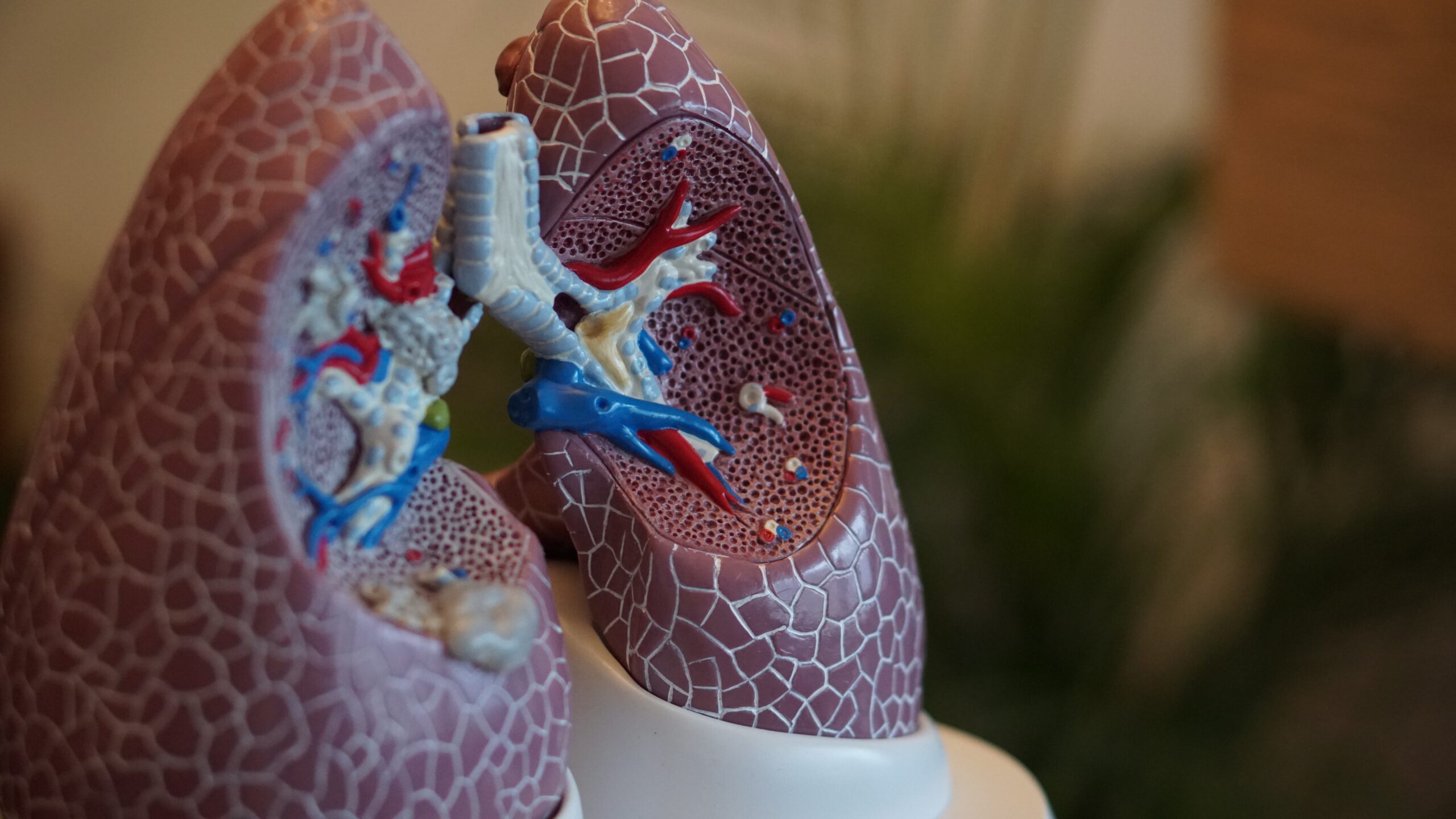Data Shows Immunotherapy Drug Helps Certain Lung Cancer Patients Live Longer

This is the first cancer immunotherapy to show positive Phase III results in the adjuvant lung cancer setting
Data published by Roche Products (Ireland) Ltd has shown that the drug Atezolizumab improved disease-free survival by more than one-third in people with PD-L1-positive resectable early-stage lung cancer, compared with best supportive care.
More than 2,500 Irish people are diagnosed with lung cancer every year and it is the fourth most common cancer affecting both men and women in Ireland, according to data published by the National Cancer Registry. Lung cancer has the highest rate of mortality compared to other forms of cancer as it is often detected at a late stage.
Interim results from the Phase III IMpower010 study at the American Society of Clinical Oncology (ASCO) last week showed for the first time that treatment with immunotherapy (atezolizumab) following surgery and chemotherapy reduced the risk of disease recurrence (disease-free survival; DFS),or death by 34% (hazard ratio [HR]=0.66, 95% CI: 0.50–0.88) in people with Stage II-IIIA non-small cell lung cancer (NSCLC), whose tumours express PD-L1≥1%, compared with best supportive care (BSC).
Atezolizumab is a monoclonal antibody designed to bind with a protein called Programmed Death Ligand-1 (PD-L1), which is expressed on tumour cells and tumour-infiltrating immune cells, blocking its interactions with both PD-1 and B7.1 receptors. By inhibiting PD-L1, atezolizumab may enable the activation of T-cells. atezolizumab is a cancer immunotherapy that has the potential to be used as a foundational combination partner with other immunotherapies, targeted medicines and various chemotherapies across a broad range of cancers.
The full results of IMpower010 were presented in the lung cancer oral abstract session at the 2021 ASCO Annual Meeting last weekend.
Source: Irish Medical Times
You might also like
For relevant updates on Emergency Services news and events, subscribe to EmergencyServices.ie









